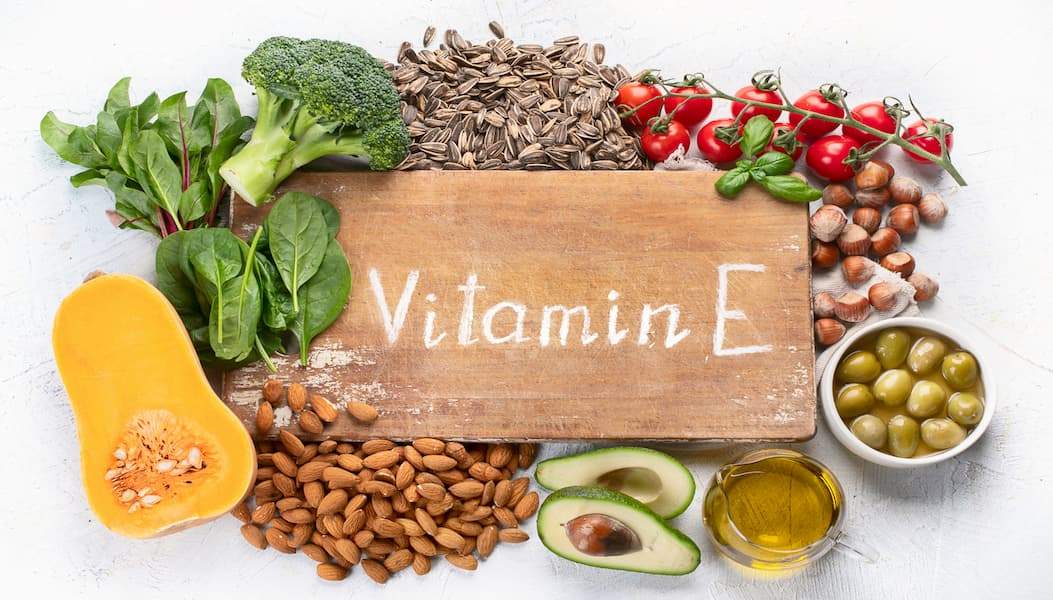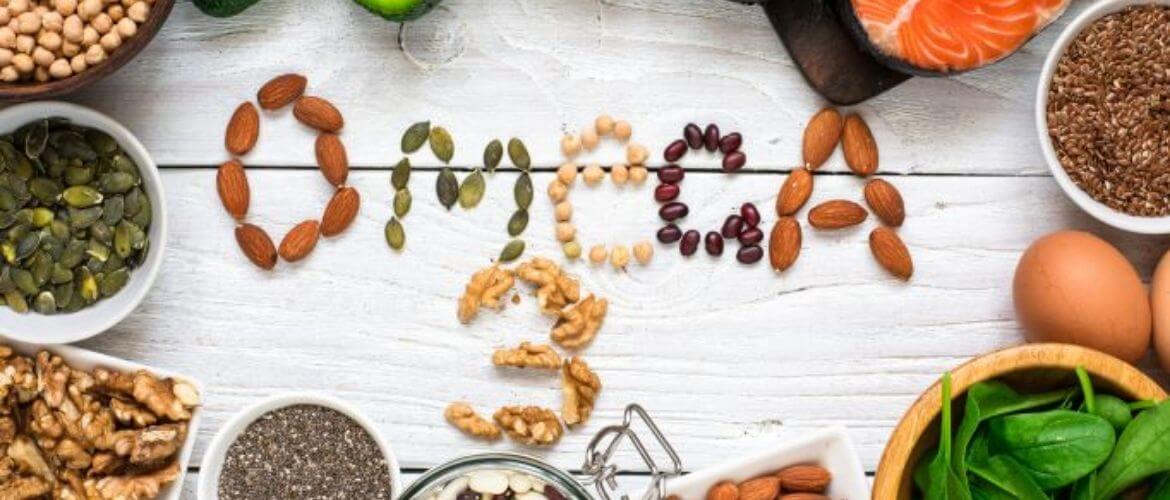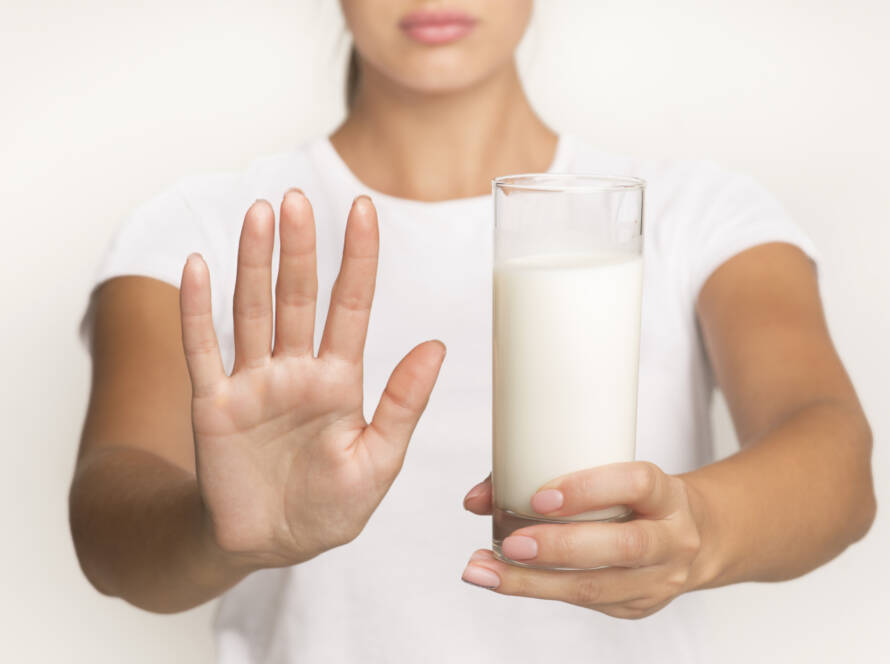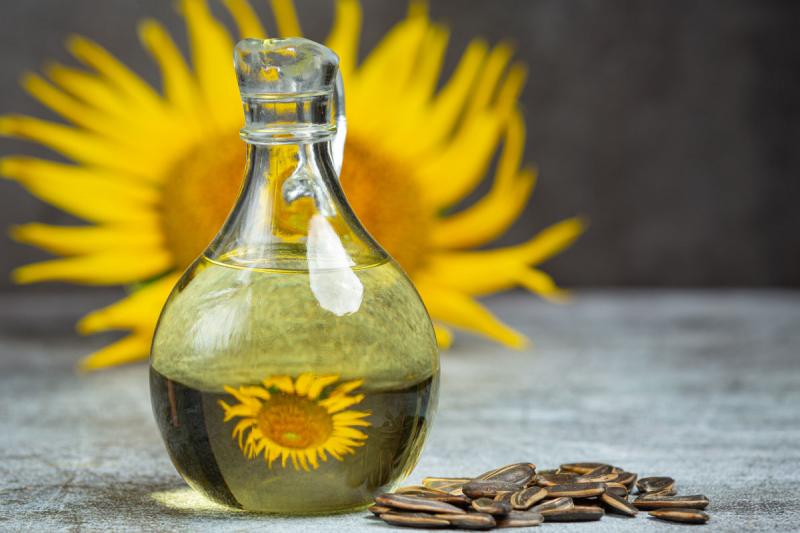The immune system thrives best on a varied well balanced diet, exercise, good sleep and a positive attitude to life. But there are several nutrients that are particularly helpful in strengthening your resistance, making your immune system super-efficient.
Nutrients that are crucial for immune function include Beta-carotene, Vitamin C, Vitamin D, Vitamin E, Zinc, Selenium and Omega 3 fats. They increase infection fighting cells and help to maintain their structure too.
Beta – Carotene
Functions:
- Multiplies infection fighting cells.
- Decreases free radicals which cause various diseases.
Sources:
- Vegetables – Carrots, sweet potato, spinach, sarson, methi, kale, broccoli, lettuce, bell peppers, and other orange, red, yellow and dark green vegetables.
- Fruits – Papaya, muskmelon, mango, watermelon, apricot & peach.
- Dried fruits – Dried apricots & blue berries.
Vitamin C
Functions:
- An antioxidant that helps to destroy free radicals and increases infection fighting white blood cells and antibodies.
- It is water soluble, thus is not stored in the body and required to be taken daily.
Sources:
- Vegetables- Broccoli, cabbage, capsicum, bell peppers & green chilies.
- Fruits – Amla (retains vitamin C even after heating and exposure to air), orange, mausmi, lemon, strawberries pineapple kiwi & guava.
- Nuts & dried fruits – Walnut , chestnut, black currant & dried plums.
- Seeds- Pumpkin, chia & sun-flower seed.
- Herbs- Thyme.

Vitamin D
Functions:
- It helps control infections and reduce inflammation.
- It promotes healthy bones and teeth.
- It helps in the absorption and retention of calcium and phosphorus.
- Supports health of brain and nervous system.
- Supports diabetes management.
- Supports functioning of lung and cardiovascular health.
Sources:
- It is made in the skin by exposure to UVB rays from sunlight.
- Animal sources include fatty fish – mackerel, salmon, sardine, fish liver oil and egg.
- Plant sources include mushroom exposed to sunlight / UV light and yeast.
- Fortified foods – breakfast cereals, milk, soymilk, tofu & orange juice.
Vitamin E

Functions:
- Maintains structure of immune cells and tissues.
- Increases the production of B-cells which are part of our immune system and produce antibodies.
- Destroys bad bacteria.
Sources :
- Vegetables- Spinach (raw), broccoli & asparagus.
- Fruits– Avocado, mango, kiwi, olives, apricots & raspberries.
- Nuts – Almonds, walnuts, peanuts, pistachios & cashews.
- Seeds- Sun flower & pumpkin seed ( take maximum 2 tsp of seed per day as per your health condition).
- Oils – Sun flower oil, rice bran oil & almond oil.
- Others – Egg yolk.
Zinc

Functions:
- Crucial for the normal development and functioning of our immune system.
- Metabolizes nutrients & helps in growth & repair of body tissues.
- Even mild deficiency can increase susceptibility to infection.
- As body does not store zinc, so daily intake through food is required.
- It is best to get Zinc from food sources as supplements can interfere with absorption of other nutrients such as Iron and Copper.
Sources :
- Legumes – Chickpeas ( white chana ), lentils & beans.
- Vegetables – Mushroom, potatoes & green beans.
- Dairy – Cheese & milk.
- Nuts – Peanut, cashew & almonds.
- Seeds: Pumpkin, sesame, flax, sunflower seed, chia seed & alfa alfa sprout.
- Meat -Red meat & shell fish.
Selenium
Functions:
- Provides protection from oxidative damage & infection.
Sources :
- Cereals – Whole cereals, brown rice & oats.
- Legumes – Baked beans, lentils, chickpeas & kidney beans.
- Vegetables – Mushroom & spinach.
- Fruits – Banana.
- Nuts – Cashews, almonds & brazil nuts.
- Seeds – Sunflower seed.
- Dairy – Milk, yogurt & cottage cheese.
- Meat – Eggs.
Omega 3 – fatty acids

Functions :
- Boost immunity by increasing white blood cells.
- Protect the body against damage from inflammation.
Sources :
- Sea food – Mackerel, salmon, oysters & sardines.
- Oils – Olive oil & cod liver oil.
- Cereals & Legumes – Bajra & soybeans.
- Nuts – Walnuts.
- Seeds – flax seed & chia seed.
It is advisable to include the above-mentioned foods by rotation to build better immunity and keep the infection away. Seeds intake should not be more than 2 teaspoons in a day.
Other Immunity Boosting Foods
Certain foods are known for their protective properties:
-
Probiotics – are live good bacteria like those naturally found in the gut. When given in a viable form and in adequate amounts they add to the population of healthy bacteria in the gut and boost immunity. Probiotic foods include curd and buttermilk, along with other fermented foods like idli, dosa, dhokla, pickles, kanji, appam, olives in brine, sauerkraut, miso, kimchi etc.
-
Garlic – contains a chemical called allicin which has both antiviral and antifungal powers.
-
Ginger – boosts overall immunity. It has antimicrobial and anti-inflammatory properties.
-
Turmeric – contains a compound curcumin which has anti-inflammatory, antiviral, antibacterial, and antifungal properties. Fresh ground black pepper increases the absorption of curcumin.



